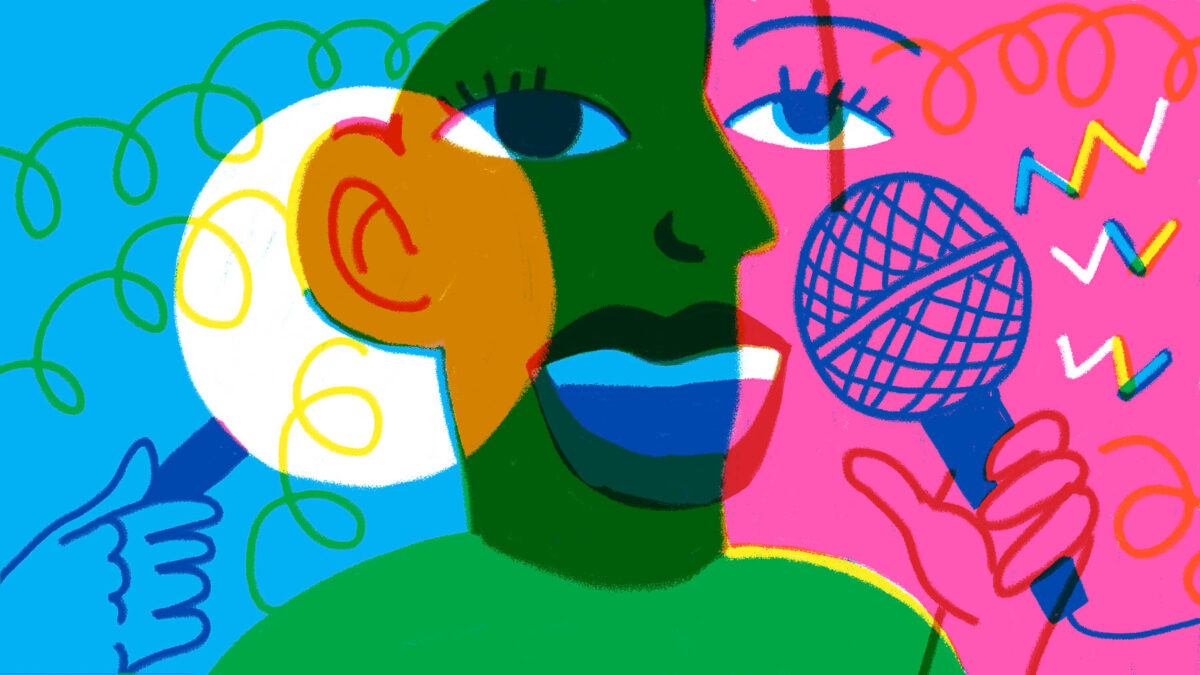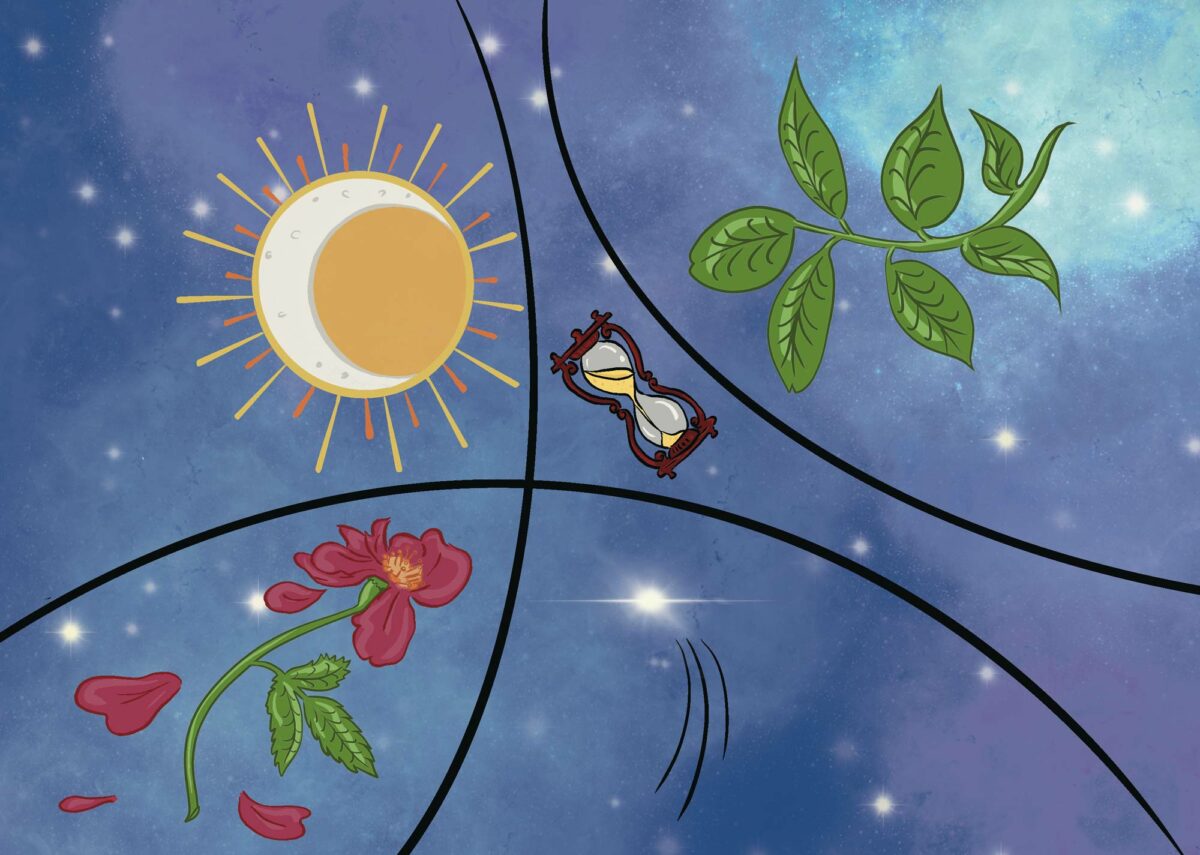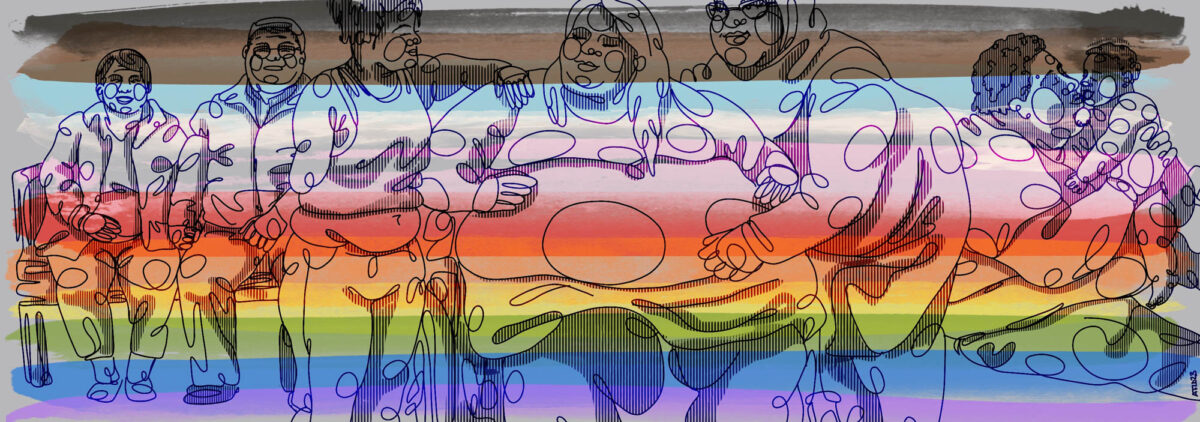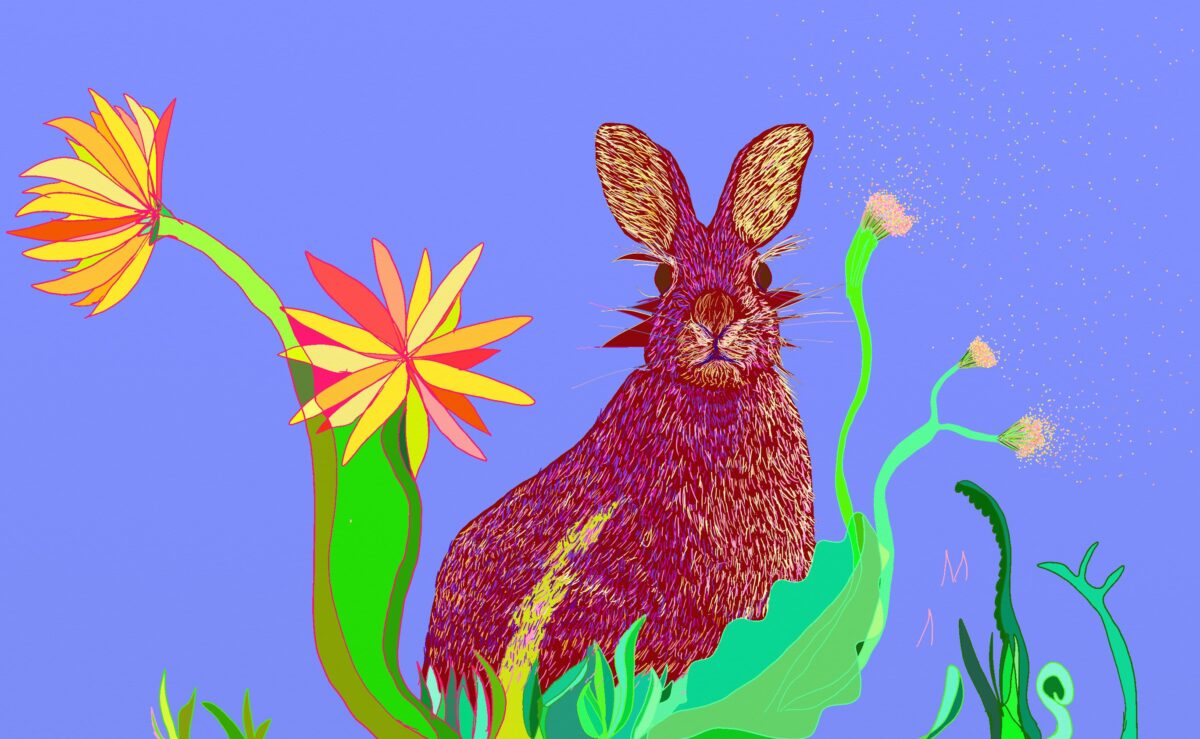“Hey, little fat kid.” Four words that cut so deep. I am waiting to buy milk, eight or nine years old. My older, non-fat, brother with me. My mom is in the car in the parking lot. This is one of the first errands I go on. “Hey, little fat kid.” Fat. Fat. Fat. It was a public recognition and reading of my body—in space and time, by a stranger. I was the little fat kid. I became the fat little kid. I am the fat little kid. Even now, I can transport myself to that moment and feel words piercing my flesh. I ran to the car after buying the milk, telling my mom what he said. I was eager to share how inappropriate—no, ashamed—his words made me feel. Of course, his words were not a surprise. I knew I was fat. My mom, normally reserved and non-expressive of emotion, replied, “Next time someone tells you that, Michael, you look at him in the eye and reply, I’d rather be fat than ugly.” Ugly beats fatness in the competition of life? Body size pitted against attractiveness.
Gill, M. (2019). “Hey, little fat kid”: My impaired, fat, hairy, white, male body. In M. Friedman, C. Rice, & J. Rinaldi (Eds.). Thickening fat: Fat studies, intersectionality and social justice (pp. 208–218). Routledge.





